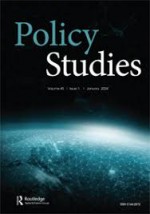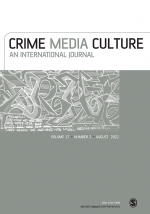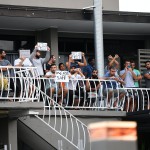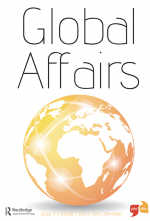Testing Times for Regionalism: Coping with Great Power Rivalry in the Asia–Pacific
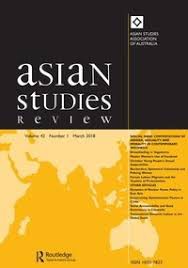
We live in turbulent times. Many of the elements of the international order that had been taken for granted are currently being subjected to searching examinations. Some even question whether the most familiar and apparently stable regional features of the extant international system, such as the European Union (EU), can withstand challenges to their legitimacy (Dinan, Nugent, & Paterson, 2017; Longo & Murray, 2015). Likewise, there are doubts about whether the Association of Southeast Asian Nations (ASEAN) can retain its centrality in the Asia–Pacific (Beeson, 2019). It has become commonplace in some circles and media to declare that liberalism is in retreat, and that the foundations of the institutional order that were created in the aftermath of World War II are crumbling, along with the established patterns of multilateral cooperation that they enabled (Luce, 2017). No doubt some of this is overstated and reflects the concerns of privileged, particularly Western, elites with little direct experience of war and political instability, and who have considerable familiarity with increases in prosperity and opportunity. But that does not imply that such concerns are not without foundation, either.

